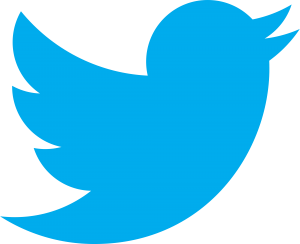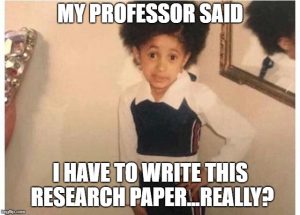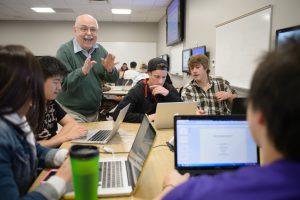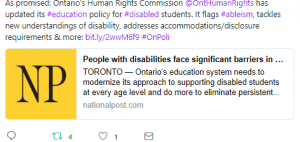My Past . . .
Here’s a little story I came up with to sum up why I want to teach. Think of it as a little storybook, and like any good storybook it’s read aloud! Feel free to listen to the narration below.
“Once upon a time, not very long ago at all, there was a little girl who loved to read. She would read, and read, and read, and could never grow tired of it. She’d stay up late, perched in her bunk-bed with the lamp over her shoulder, and read to her heart’s content. She loved it because from early on in her life, she realized that imagination could take you places. Far, far away from our normal world, there were other fantastic lands that we could explore with purely our minds alone. Writing could hold secrets and meaning far beyond what the simple words on the page showed. Writing could be powerful, and writers had the key to it all. As she grew older, she found that she wanted to explore the secrets of writing with others; to show them the potential within the pages. She thought to herself “I want to show everyone how wonderful it is! I want to teach them!” So that’s just what she set her mind to do.”
My Future . . .
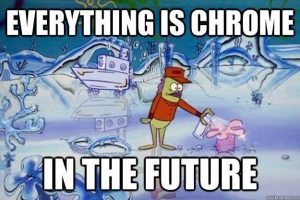
Alright, so now it’s 2018 and I’m on my way to becoming a teacher. Not everything is all shiny and chrome like Spongebob promised, but technology is more advanced than ever and teachers need to utilize that! If Teaching Digital Writing by Hicks has taught me anything, it’s that it’s a great idea to teach by example. When we’re trying to show our students new methods of writing, they need something to work off of. Otherwise, they won’t really know what exactly it is that they’re trying to accomplish. In my future classroom, I plan on teaching good writing, both digital and traditional, through mentor texts. What better way to learn than by looking at the beautiful works put together by the greats?
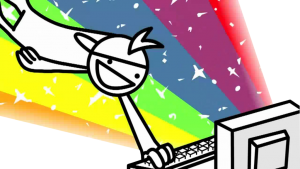
Be it a novel, website, or television commercial, we can take away valuable information on the medium that we’re trying to utilize simply by studying the choices made by those who came before us. We’ll discuss what we like and dislike about certain aspects of the works, and use our newfound knowledge to put together something of our own. Though I love the traditional writing that I’ve been brought up with, I think it’s equally important for students to know how to compose good digital writing, in the all the wonderful forms that it come in nowadays. It’s the future! It’s time to embrace not only the classics, but the beauty of a well thought-out digital text. As teachers, we need to prepare our students for what’s to come, and that of course means lots of digital writing!
Here’s a small example of something that I think would be interesting for my students to try out in the future: found poetry. Essentially, you take a section of preexisting writing (in my case, a paragraph or two out of Teaching Digital Writing by Hicks), select a few key phrases from it that you like, and reformat them as a poem. I think it would be a great way to introduce developing writers to constructing poetry, as well as challenge experienced writers! Hope you enjoy this little one that my group-mates and I put together.
@Twitter
Art and skill of a digital writer
Is to understand audience and situation
But 2 b shrt
#notablog
